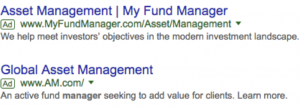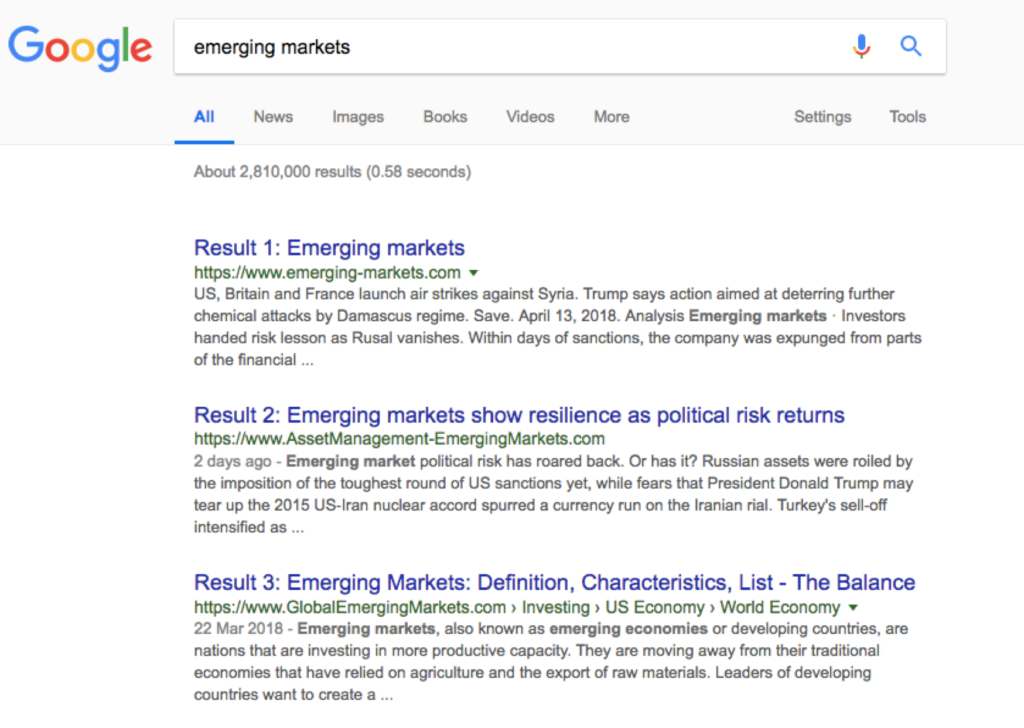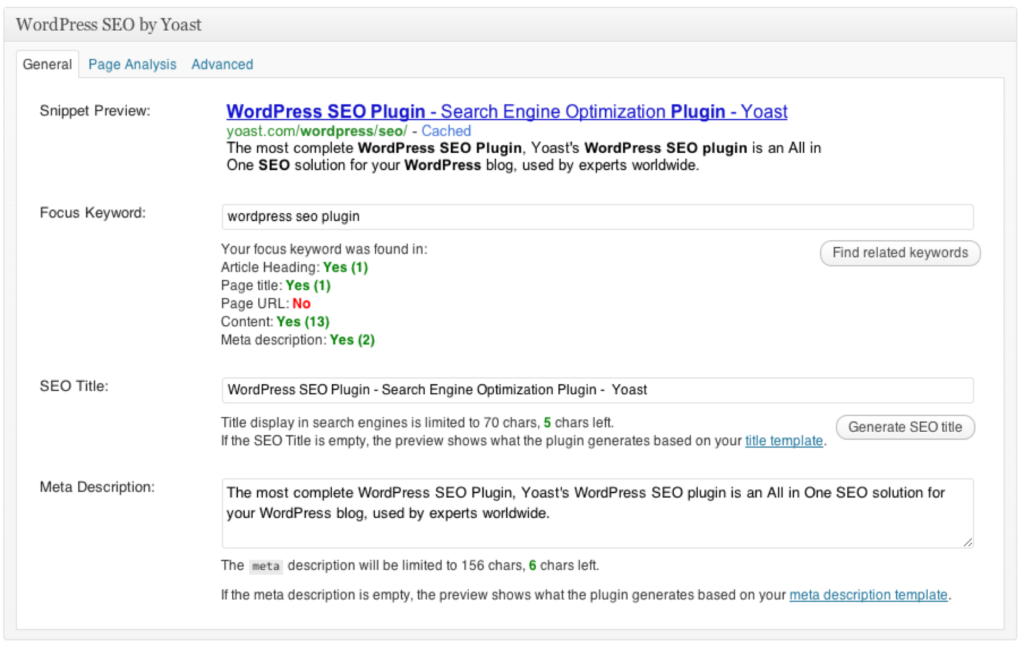Search Engine Optimisation can be daunting for busy financial marketers, but a lot of it involves common sense and good quality content. We take a look at some pointers to get you started.
There are various forms of online advertising which can be broken into paid and unpaid categories. Paid online advertising like Pay Per Click (PPC) provides tags to report on the ROI. If the campaign is not performing, it can be switched off and the budget can be reapplied somewhere else. However, once switched off, you will no longer benefit from the traffic it provided.

Search Engine Optimisation (SEO) can be categorised as an unpaid strategy as it doesn’t involve exchanging money for traffic. Also, no technical coding knowledge is required to tag links. The key ingredient for a successful SEO campaign is understanding what your visitors would like to see, then delivering this as rich and engaging content.
Before engaging in any SEO activities, you should review how you measure up against your competitors. This would determine how much work is required to outrank the competition. Most asset managers have fairly unique investment products, so this is a fantastic opportunity to optimise your content to outrank competitors.
Identify the key pages on your website that result in a conversion (i.e. a document download or contact request). Make a note of the words your target audience would use to search for a product like yours, but these words shouldn’t include brand terms. Go to Google and Bing and conduct a search using these words. Try as many phrases as possible in different combinations. If your page or website appears at the top of these search engines, this is what ‘Good’ would look like.
Do any of your pages appear on the first page of Google? What about the second page?
Google consistently makes changes on how they rank pages. One of the main strategies that has always been part of the Google algorithm is providing and marketing content that’s of interest to your target audience. If, for example, your core investment products are in emerging markets, your thought leadership and other content should include many long-tail keywords around the key topics in that area.
SEO can be used as an indicator of content quality and website hygiene. If a page is unable to be ranked, there may be something wrong with it. The objective should be to have all key pages at the top of Google for all possible search terms. However, this can be difficult to achieve. When writing content, you should think of the following:
Content relevance
- How relevant is this to your target audience?
Originality
- How does your content differ from other websites?
Conversational
- Can your content spark a conversation or debate on other digital channels?
Shareability
- Can your visitors easily share your content?
Subject matter keywords included in:
- Page title
- H1 tags
- Content
Marketing and promotion of content on other platforms that point back to your page:
- Start conversations on social channels about your content to spark interest and discussions that can be shared
- Use corporate social accounts
- Leverage from employees’ social profiles to help share content
- Press releases
- Newsletters
- Interviews
- Videos
- Reviews
Marketing your content will help assist Google’s algorithm in indexing pages. In short, if Google can see traffic coming in from channels other than paid advertising, it will class your content as important, which will help increase chances of a higher search position.
If you have been involved in content creation and wondered how successful your campaigns have been, we recommend the following:
- Using your web analytics, review the number of inbound traffic these pages generate
- What is the average number of new visitors each page generates each month?
- This can be used as your target traffic benchmark moving forward
- If using WordPress for Finance, check your SEO Yoast score to see where improvements can be made
- Do you need to improve the focus keyword?
- Have you included your keyword in the page title?
- Have you provided a meta description?

- Identify different ways to market/promote these pages
There are multiple factors that contribute to successful SEO, therefore some see this as a complex exercise. However, results can be achieved by simply applying the basics outlined above. A little knowledge can go a long way.
Search engines are sophisticated and improving monthly. This doesn’t mean marketers should sit back and leave their faith to the bots. SEO adds that extra boost, separating content from your competitors, and pushing your page a little higher in the Search Engine Results Pages (SERP).



